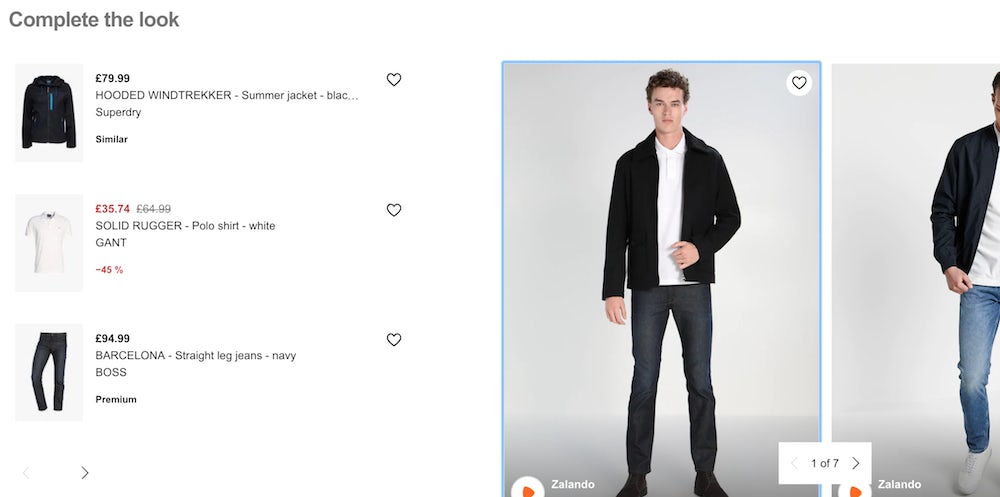The company describes what it does as connecting customers, brands and partners. That means customer-centric shopping with personalization, smooth payment and customer services, and easy returns. For partners it means integrating stock on the Zalando platform – something that department store Galeria Karstadt Kaufhof has done – taking advantage of Zalando analytics, advertising and logistics.
This platform approach and investment in infrastructure is why the ecommerce company is known as much as a tech company as a retailer.
Melissa Weston is Zalando’s UK and Ireland Marketing Lead and one of the speakers at the Festival of Marketing, October 10-11 in London. We caught up with Weston to ask her a few questions ahead of her appearance at the festival.
Everybody is talking about personalisation – what is Zalando doing that is bearing fruit? Are you personalising messaging, or just product?
Melissa Weston: With more than 400,000 product choices and almost 2,000 brands – in a market dominated by mobile, it is essential that each of our 27 million customers gets an individual user experience. That is why Zalando is bringing personalization to the next level. Yet, we also want our customers to be inspired and to discover something unexpected. We aim to be our customers’ fashion companion, advising and inspiring them at the same time. We want to grow our customer’s fashion confidence starting from their personal fashion comfort zone, enriching it with several exciting excursions to explore new trends, brands, and products.
We do this in the following ways:
Algorithmic Fashion Companion (AFC): A digital, scalable outfit recommendation tool, based on machine learning and AI, providing customers with unlimited outfit suggestions.

Sizing: We want to ensure that our customers get the right fit, the first time. By offering size advice to our customers, we can minimize their concerns when it comes to trying out new items from the broad assortment. We can provide accurate size recommendations with machine learning algorithms that are based on customer return information and with the help from fitting models and 3D scanning.
Homepage: Compositional relevance is sorting the content entities on the home page according to the customer’s browsing behavior, preferences and purchase history. What gets shown in these content entities is further personalized according to the customer’s taste.
Big Data & Personalization (Dublin Tech Hub): In order to analyze the big data needed for personalization, a tech hub was opened in Dublin in April 2015. One aim for the Tech Hub is to develop fashion insights and secure an advanced level of personalization.

How is your channel mix changing?
Melissa Weston: Our channel mix in the UK has a strong focus on influencer marketing, social media marketing, PR and paid search, however, we are also looking at more above the line media for 2020.
How machine learning is transforming retail both online and offline
Jonathan Ng spoke to Marketing Week about developing a “belief-driven” brand – will that be harder to do with fewer of your own labels?
Melissa Weston: We are moving towards becoming ‘The Starting Point For Fashion’ and having a more two-way conversation with our customers, in order to understand them better and also to serve them with a more personalized selection that is relevant to them. This is label agnostic goal, so it doesn’t focus on specific brands, but more on consumer choice.
What’s next for the Zalando experience?
Melissa Weston: To become ‘The Starting Point For Fashion’ and double our audience in the next three-to-five years. We believe that our platform strategy is key in achieving this. Ultimately, customers want the best assortment and enabling strong partnerships with brands will get us there. In turn, we provide brands access to European consumers. Looking at the customer side, we are striving for deep customer relationships and believe that it’s time for a made-to measure customer experience.
Six pureplay online retailers that opened brick-and-mortar stores

Comments